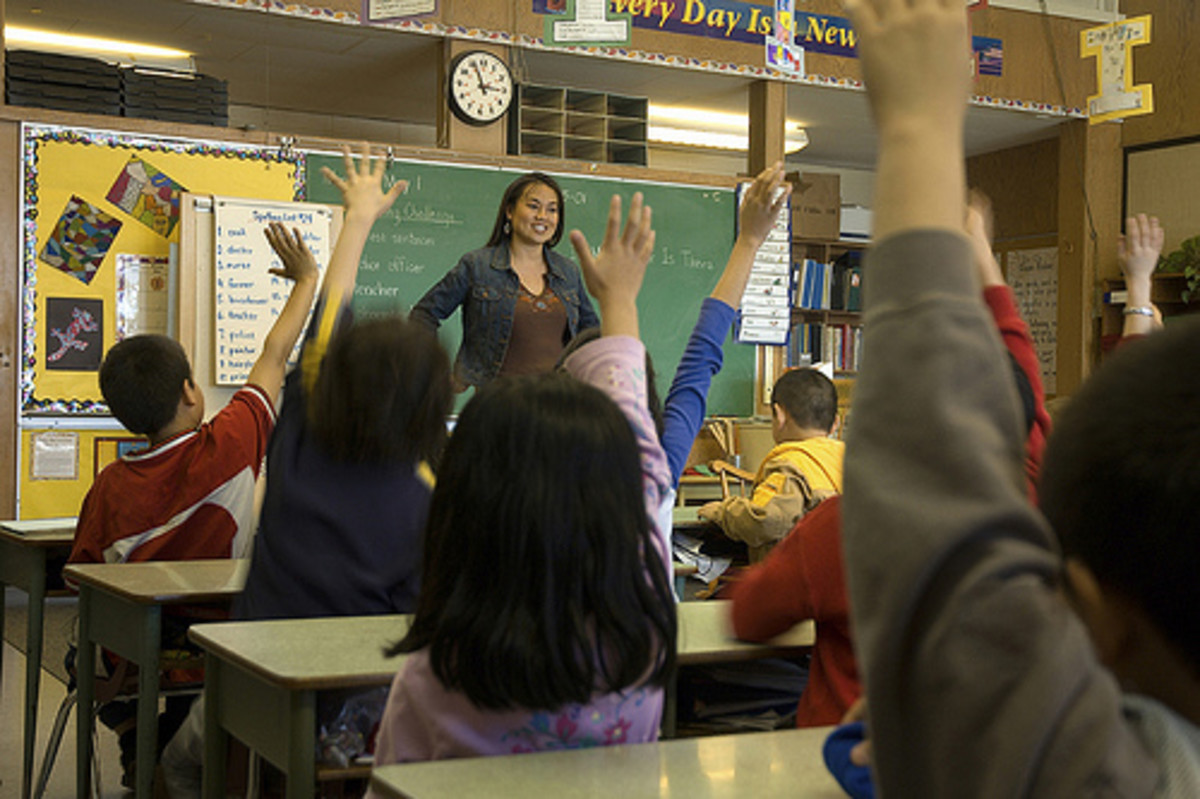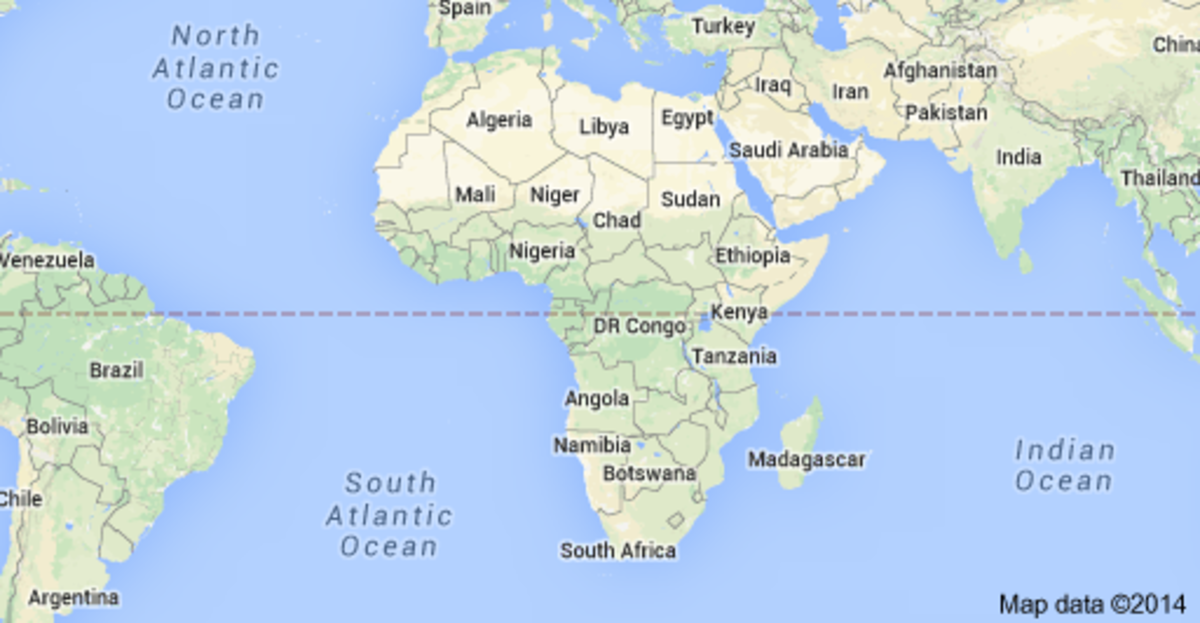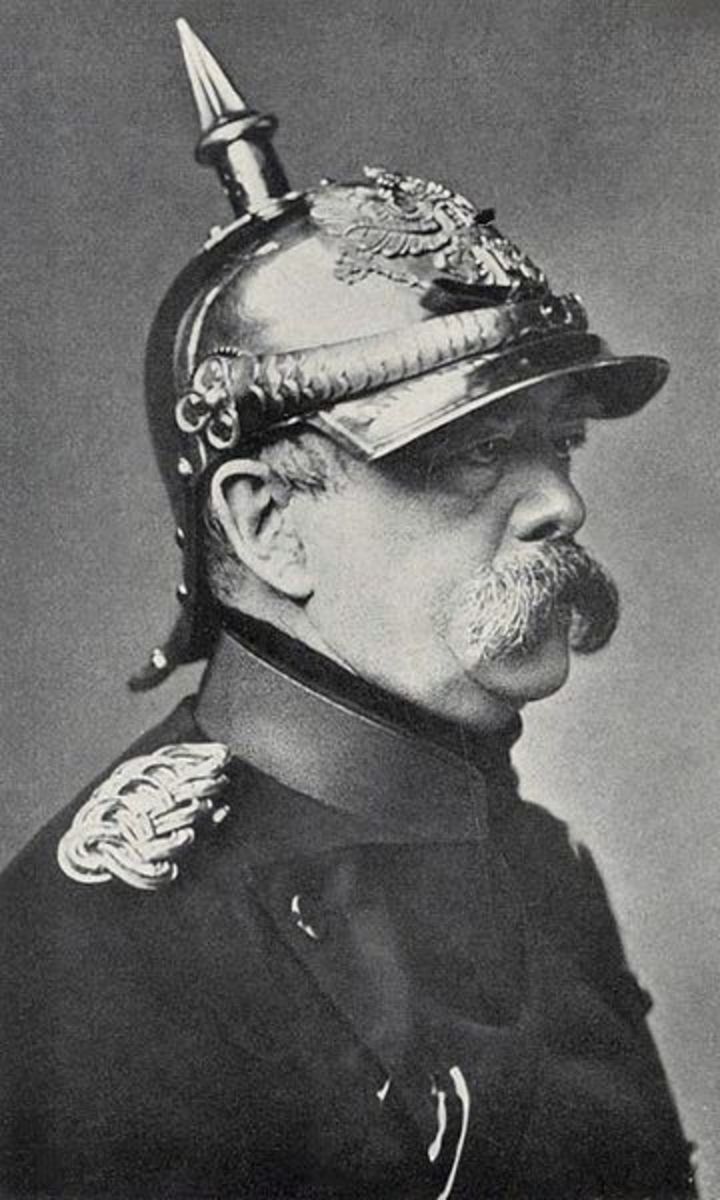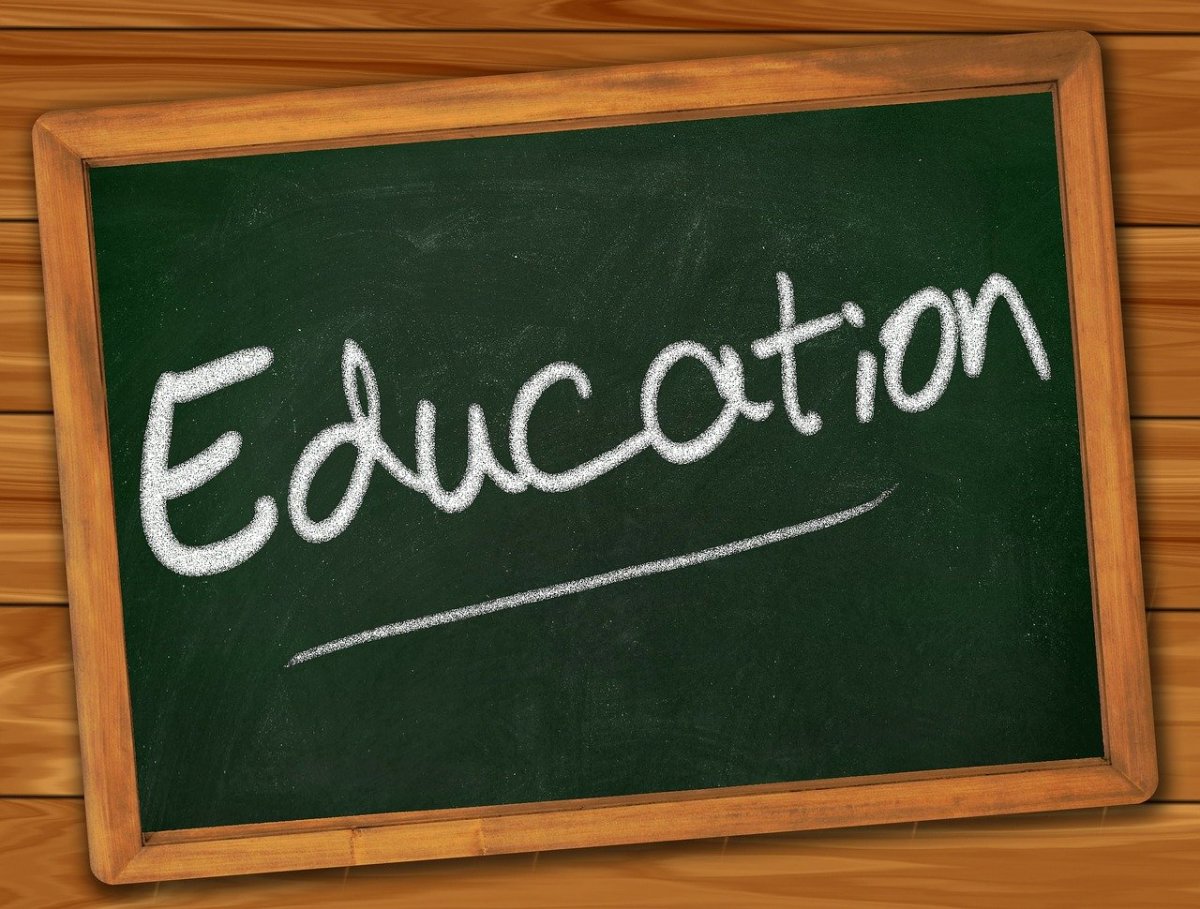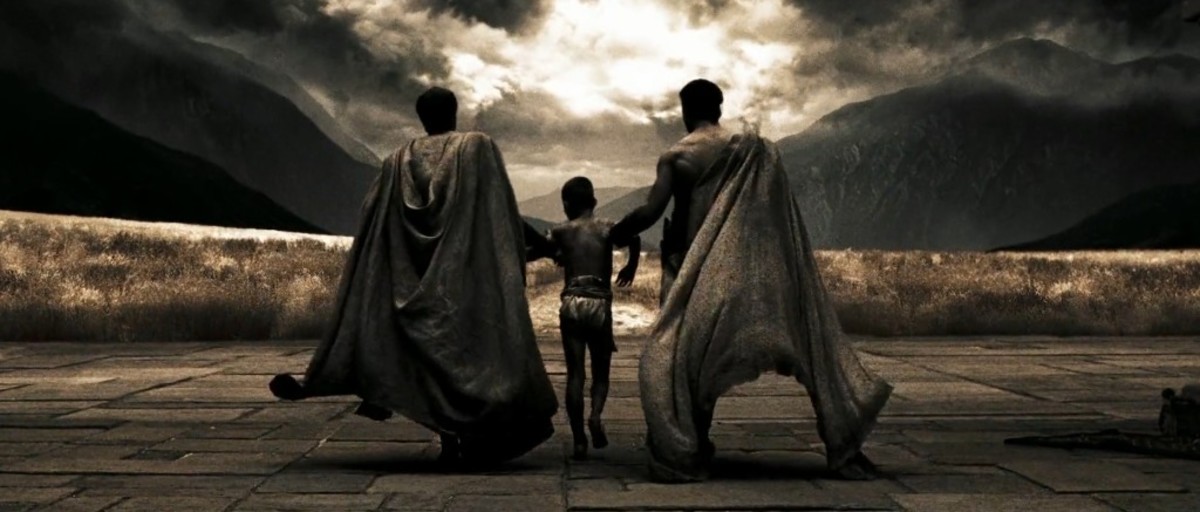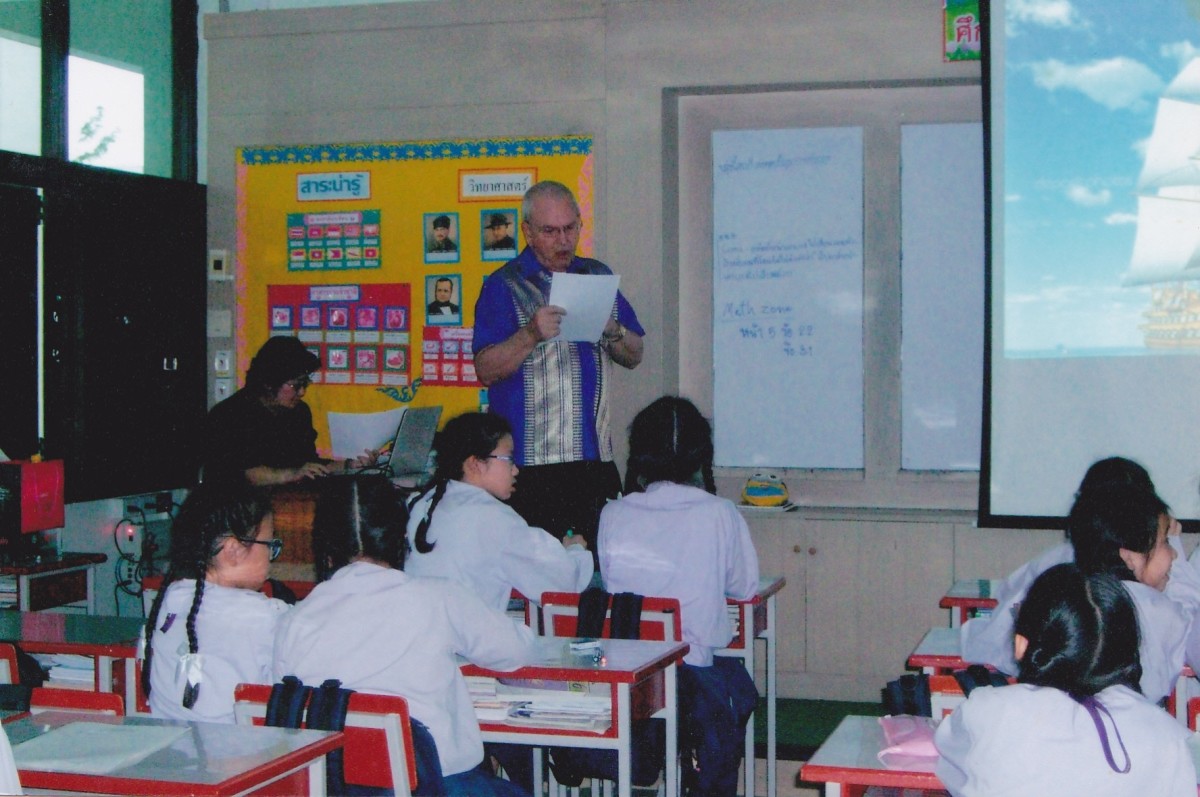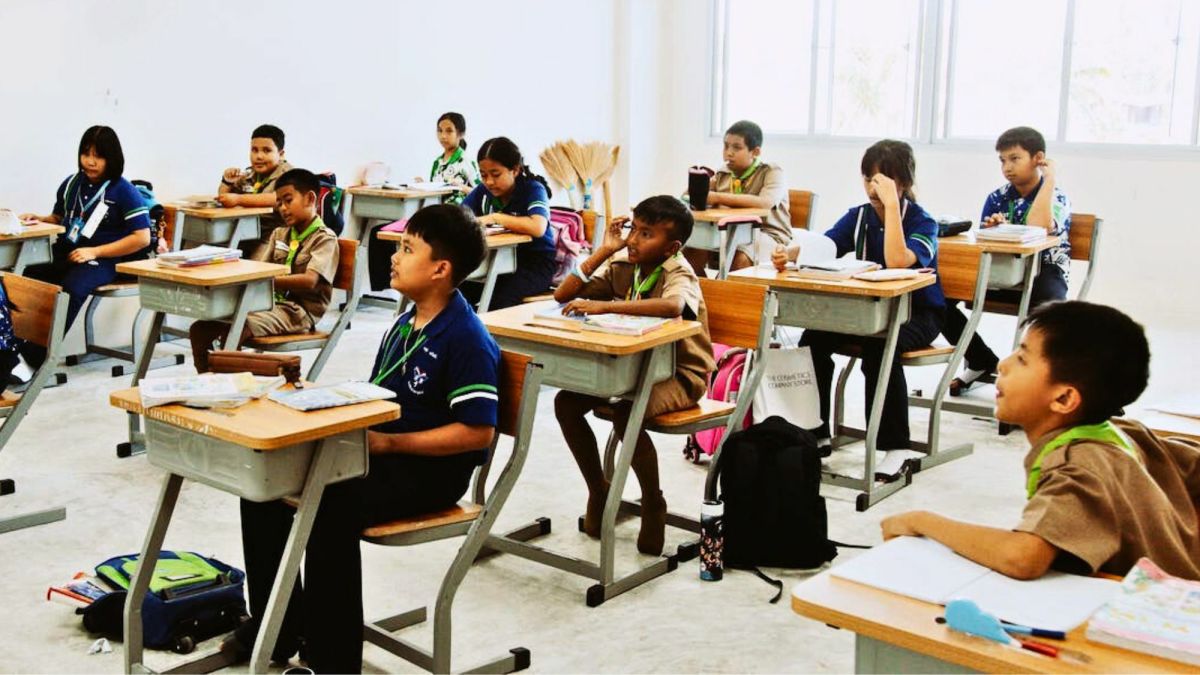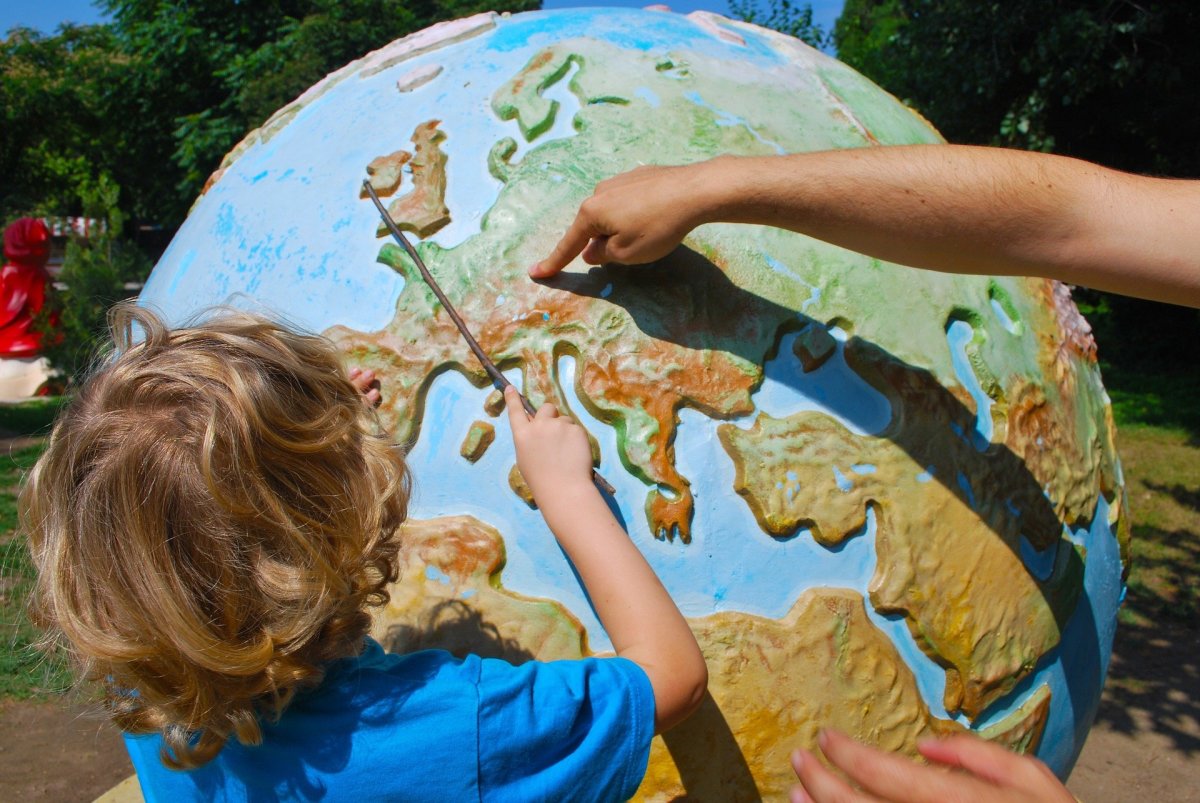Liberation Through Education
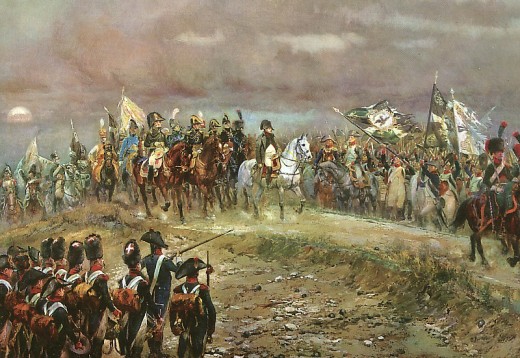
Introduction
Those in the West have long been educated in the style of one of the most politically successful states of the last couple centuries. Prussia, in what is now northern Germany and Poland, was the original unifier of Germany. Its leaders led the Germans until the conclusion of World War I, but its influence has long outlived the empire itself. Many people have heard of Prussian education and its influence on American schools. Not many people really know what it is their children are being taught, though. Education in the U.S. is changing at a breakneck speed, and it is becoming increasingly clear that change is necessary. What exactly has gone wrong with our education system, though, and what can be done to fix it?
Prussia & America
The Prussian model of education was, first and foremost, was a system of mandatory education for each and every student. Of course, this has been in effect in the U.S. for many generations. Massachusetts was the first state to require schooling for every child, beginning this policy in 1852. The practice swept through the nation until Mississippi became the last state in the union to pass such a law in 1918. Since this era, the U.S. has seen its education system slowly morph into what it is today, and any lover of liberty in the supposed land of the free would be appalled by what students have to deal with in schools today.
The Prussian Model
The Prussian state was centered around loyalty and authoritarianism, and its schools were no exception. Many allege that the moment which sparked the beginning of the push for what would become the Prussian education system happened in the Battle of Jena between the French Empire and the Prussians in 1806. Many prominent German thinkers placed the blame for their loss on the failure of the German troops to follow orders. They thought Germany would need to form a more cohesive and authority-driven society before it could find any true greatness. The Prussian education system was born out of this idea. It made schooling mandatory for children. It encouraged that the state be the only educator of the youth, and that parents not bother themselves with taking education into their own hands. Children were taught to read by the state, and only when they begun their school careers at around the age of six. The system also implemented national testing and curriculums that every school was to give to their students. Discipline was not taken lightly in Prussia, and children were taught to do everything they were told to by their instructors from a very young age.
Industrialization & Individuality
There are many obvious similarities between this and the American system of education that grew out of its influence. Prussian education was perhaps quite helpful in the age of the Industrial Revolution, when workers were required to follow specific instructions but discouraged from thinking creatively or acting outside of group norms. It was practical, and practicality was a highly regarded virtue in German culture. However, industrialization ended long ago in both the United States and Germany. There is no longer as great of a need for people to work in industrial sectors, as these countries merely import industrial goods from other countries such as China and India. There is a need for creativity and innovation in more developed nations, as without these traits in the populace, these nations will surely fall behind. However, the Prussian education system does not care much for individuality and creativity.
Alternatives
In modern American schools, authority is exercised quite liberally. Police officers stalk the hallways of many schools. Students have to get permission to go to the bathroom, and if they leave without it, they are punished. Truancy is considered a very serious offense. State-mandated tests are commonplace, and even federally mandated tests are not by any means rare occurrences. Students are not allowed to wear clothing deemed offensive or inappropriate. Authority is exercised to its fullest extent, and most students are blind to the fact that there are any alternatives to this. There are alternatives, though. For a government to impose moral teachings on its students, designed to turn them into handy industrial workers and nothing more, is to edge on the complete suicide of the state that is happening at a rapid level in many Western countries. The full education of students is not something that is being practiced. They are not given the opportunities to explore different styles of education from different kinds of schools. Since public, taxation-funded schools are everywhere, private schools are only available to the rich. Mandatory government education has crippled schools' ability to innovate. Competition is very scarce because of this government intervention.
Liberation
However, in the Age of Information, students are perfectly able to take their education into their own hands. Already, many students are aware that the information given to them by their school is not necessarily without biases or hidden motives. They are beginning to learn that their school environments are grossly authoritarian. They are not as ignorant as the generations that preceded them, if only for the fact that they have access to the Internet and know how to use it. But this is not to be ignored. The U.S. and other Western countries cannot rely on outdated systems to lead them into the future. They must innovate, and they must take risks they have not taken for many generations. The time for reformation of our education system is now. We must throw away authoritarian school doctrines. We must teach our children only the facts, and allow them the means to reach opinions on their own. It is a necessity that we not constrict the honest education of those who shall lead our nations in the future. To deny them the opportunities they could have if they were taught to have open minds is pure foolishness. To allow them to liberate their own minds by giving them an education that encourages individuality is the path that shall surely lead to greatness in the years to come.

